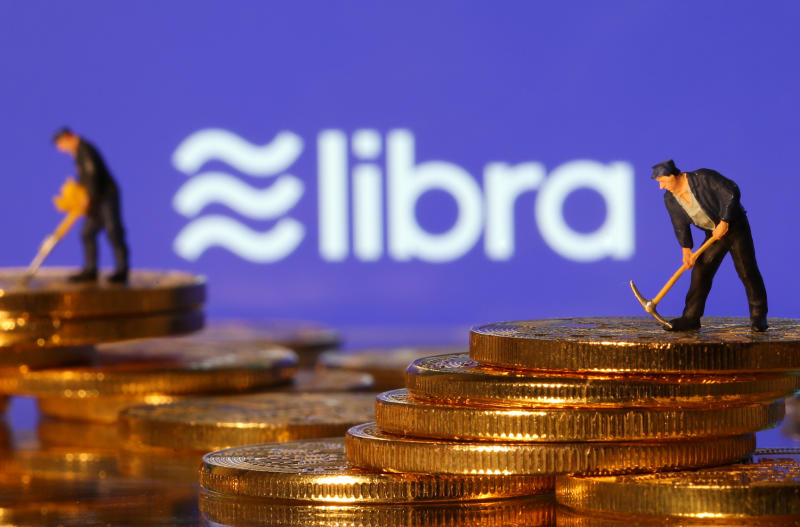
Digital currencies such as Facebook’s planned Libra raise serious concerns and must be regulated as tightly as possible to ensure they do not upset the world’s financial system, Group of Seven finance ministers and central bankers said on Thursday.
Finance Minister Bruno Le Maire of France, which holds the rotating presidency of the G7 top world economies, said the group opposed the idea that companies could have the same privilege as nations in creating means of payment - but without the control and obligations that go with it.